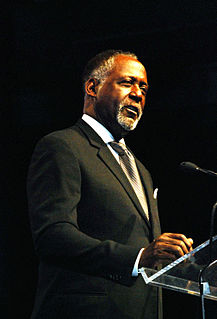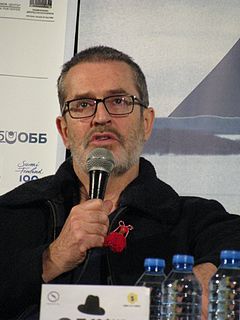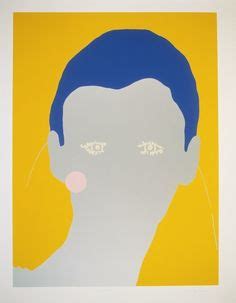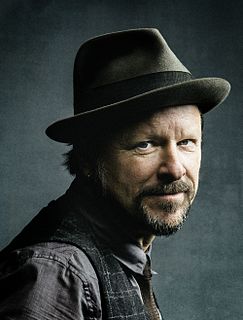A Quote by Simon Pegg
The nuts and bolts of shooting a film and writing a film are still really difficult. But what makes it easier is the fact that you know you're going to go to work with your best mate.
Related Quotes
If you make a film, that magic is not there, because you were there while shooting it. After writing a film and shooting it and being in the editing room every day, you can never see it clearly. I think other people's perception of your film is more valid than your own, because they have that ability to see it for the first time.
Though I am born into a film family, I hardly had much exposure to shooting during my growing
years. My first film actually taught me about the breakdown of shots in a film. My aim is to do three
memorable roles in the next five years; films I can be really proud of. And I want to work with the best.
If I hear a film clip, or I happen to see some image from a film - you go to a film festival, and they show some clip of the movies you've been in, most of the time I sit there and go, "Oh God, I should have... should have... that was terrible." But I think that's a natural part of this work, because really, your work is never over. Of course I can leave it alone and walk off the set and never think about it again when it's done. But your work is really ongoing all the time.
I was at a Madonna show many, many years ago and I was in the sweet spot and she came out and I mean it was the best part of the show. And I was shooting, shooting, shooting, shooting. And I'm like, "God, I must have shot a hundred pictures have I not run out of film?" And I opened the back of my camera and there was no film in there. So that happened to me only once.
I got into television criticism because I thought it would be easier than film criticism. Film, you had to know 100 years of history, and TV you only had to know 40 when I started. And I thought, "Well, that's going to be so much easier." But film stayed pretty much the same. And television has changed so many times that my head hurts. So I made the wrong call there.
Various studios are still shooting on film with digital grain and the DI negatives, it's not ideal. We should really be all film or all digital. But that being said, the old way of graining in the camera, now you can make changes like a painter. It's dangerous because you can ruin the film, you can over-fiddle. We've all seen films and gone 'what the hell is that?'
It's hard to see a film one time and really "get it," and write fully and intelligently about it. That's a review. That's not film criticism. And there's so many expectations involved, too. You're going in to see the latest Martin Scorsese or Stanley Kubrick film, you really have high hopes, and you can't help but find that it's not exactly what you had in your head going in. Until you can watch it again, you can't accept the work for what it intends to be. It takes at least a second viewing.


































